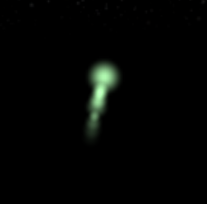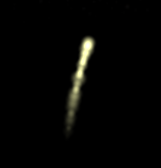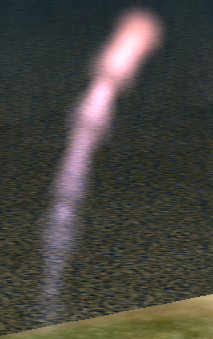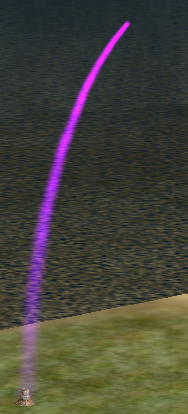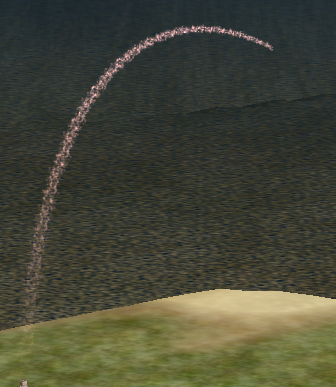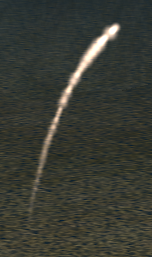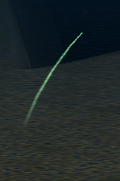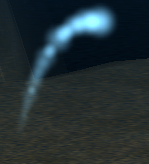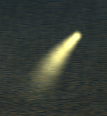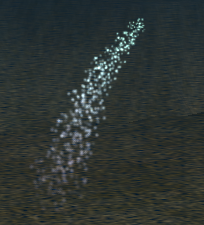Stars
From A Wiki in the Desert
Revision as of 15:44, 12 February 2024 by Veritas (talk | contribs) (→Available Recipes: Added details and images for currently available stars (that I had found); updated text above table to reflect two more common stars)
| Stars | ||
|---|---|---|
 |
||
| (Item) | ||
|
||
|
Sources
Stars are the individual sparks and streamers that make up a fireworks display. They are crafted in a Star Rack according to recipes taught at Universities of Art and Music.
Cost
Max Batch size is 100.
- All stars need a binder:
- Beeswax - for Comet and Ball-type stars, which diffuse in 'pulses'.
- Cactus Sap - for Comet, Ball, and Line-type stars, all of which diffuse in either pulses or as a straight line.
- Clay - for 'popper' stars, which diffuse all in one burst at the end of their fire.
- Tar - for 'sparkler' stars, which diffuse in sparks throughout their runs.
- All stars need some quantity of Sulfur and Charcoal.
- All stars need some variety of Salts of Metal. (range 1-250? salts per 10 stars) - normally 1 salt type for most stars, but two-color stars will have two salt types
- Some stars also need Aluminum Powder. (this is only required on sparkler- or bomb-type stars)
Use
Stars are used in the Test of Pyrotechnics
Available Recipes
- Every University of Art and Music teaches the four basic star recipes, Flying Frog, Pinkie, Purple People eater, and Squat Canary.
- New stars can be designed using a Portable Star Lab. The lab is then turned in to a University of Art and Music. Each time a number of labs have been turned in, one of the previously submitted recipes will be made available to learn from that University. At this time, the cost per star is not fully understood; the first three Stars submitted only cost one lab, the next two cost two each. The cost is increasing, and at this time, it appears that the cost climb is global. One lab turned in at a different University reported a cost of two labs for the next Star.
- In Tale 9, learning a star from a University in a region not controlled by your faction required a small cost of 25 Gunpowder, but this cost was removed for Tale 10 on 8/14/2021.
For this table, please use the cost of producing a batch of TEN (10) Stars
For Star Type, please use one of the following:
- Pulsing - these have a strong glow on the first star, and usually leave a simple trail. There is considerable variability in the size of the star, and the length of the trail. The basic frog and canary designs are this type.
- Cone (comets) - Have a strong glow at the front, and diffuse into a short 'cone' shape.
- Bomb (poppers) - These are often hard to see, since they fly their lifetime unignited, and then explode at the end. Single poppers are useful as near-invisible platforms for delivering other stars, while showers of many poppers can be an impressive finale.
- Trail ("Thin Red Line") - Long thin trails of light, often used for spirals and geometric shapes.
- Sparkler - These are typically crowd favorites. They leave a shower of sparks as a trail, usually but not always in the same color as the head of the star.
Stars are typically a single basic color, but there are occasional instances of two-color stars. In some cases, both colors are present in the star, and in others, the star has a multi-coloured trail.
See also
- Pyrotechnics Guides
Some of great displays from past tales demonstrated for us in T7: https://www.youtube.com/watch?v=6Daj7NuU5AY&feature=youtu.be (thank you for capturing it Safa)[dead link]
Required By
Test of Pyrotechnics, Test of the Humble Priests
Produced By
